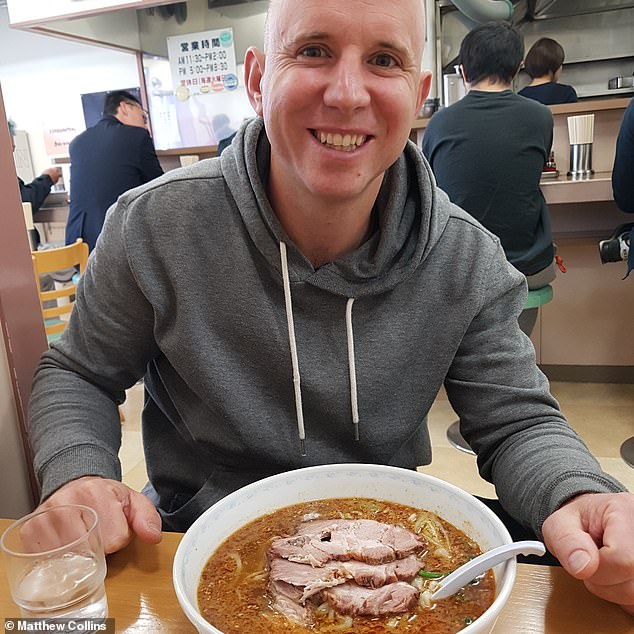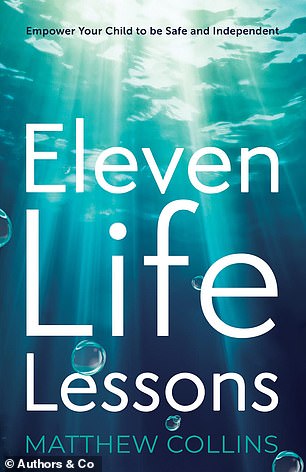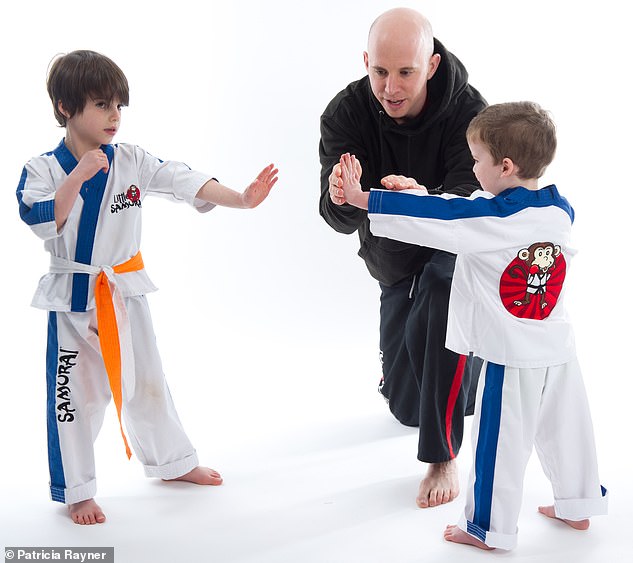Table of Contents
A teenager’s first trip without his or her parents is an experience that will leave an unforgettable memory.
But it’s a place that could easily be tinged with sadness and anger if safety precautions aren’t taken: even the most perfect places can be patrolled by scammers and thieves.
Luckily, martial artist Matthew Collins has stepped forward with tips to help teens enjoy their adventures and avoid wasting time filing police reports.
Matt is dedicated to helping young people – he teaches 1,400 young students a week across England as CEO of Samurai Kickboxing and has written a book called Eleven Life Lessons: How to Help Your Child Be Independent and SafeThe book, Matt says, shows parents how to make their children happy, confident, resilient, independent and secure.
Here, Matt continues his work, pulling no punches and showing teens how to spend their holidays smiling, from carrying “decoy wallets” to planning exit routes and using secret code words to escape shady situations…
Be smart with your phone: keep it away
Martial arts expert Matthew Collins (above), author of ‘Eleven Life Lessons: Empower Your Child to Be Confident and Independent’, has revealed travel tips for teenagers.
Matthew from Jersey says: “Using your phone in public can make you a target. Be discreet when checking maps or making calls. Keep your phone hidden in unfamiliar areas, especially in busy places like markets or tourist areas.”
Dress to fit in
“Don’t stand out as a tourist,” Matthew warns. “Flashy clothing, jewellery and expensive gadgets are easy targets for opportunistic thieves. In environments where you may be vulnerable, dress like the locals, or at least discreetly, and keep valuables out of sight to avoid attracting attention.”
Group together, but not always

Matthew advises: “Keep in mind that your own awareness is likely to be reduced when you are in a large group. Sometimes it is safer to split into smaller groups.”
Matthew says: “While travelling in a group can make you safer, this isn’t always the case. Be aware of how the group may present itself to those looking for an easy target – how individuals act and what they do. Be aware that your own awareness is likely to be reduced when you’re in a large group. Sometimes it’s safer to split up into smaller groups or even to be alone if the group is misbehaving.”
Know the terrain
The martial arts expert advises teens to familiarize themselves with the new place before they arrive. He explains: “Check online guides, read up on local customs, and take note of potential scams targeting tourists. Knowing the culture and safety tips relevant to your destination can help you avoid awkward or unsafe situations.”
Take care of your money
“Don’t flaunt your money,” warns Matthew, who suggests “dividing up cash and cards” and “keeping them in various places on your body.” The expert adds: “If you can, pre-load a credit card to limit the need to use ATMs. Carry a ‘decoy wallet’ with a small amount of cash to prevent further losses if you are attacked.”
Beware of scams

Keen traveller Matthew (pictured above in Utsunomiya, Japan) advises teenagers to “know where to go” in cafes and restaurants.
Matthew says: ‘Understand what scams are common in the area you’re visiting. Places with a lot of tourist traffic can be breeding grounds for scams, so be on your guard! If something seems too good to be true, it probably is!’
Organize
Matthew urges teenage travellers to “keep copies of important documents, such as passports and travel tickets, in digital format.” He adds: “If they lose them, this can save them a lot of time and hassle.”

Eleven Life Lessons: How to Help Your Child Be Confident and Independent is published by Authors & Co.
Know your exits
The author says: ‘Whether you’re in a café, a restaurant or even on a train, choose your seat wisely. Sit somewhere with easy access to exits, facing the room and with your back against the wall. On buses, planes or cars, aisle seats are often safer. Always know where you are in relation to escape routes.
‘In your accommodation, make a mental note of where the exits are and check if they open and are accessible. This simple habit can save you valuable time in an emergency and give you peace of mind in unfamiliar surroundings.’
Make an emergency plan
“When traveling with friends, set up a meeting point in case you get separated and your phones don’t work,” says Matthew.
The martial arts expert continues: ‘Agree on a “safe word” that you will use if either of you feels uncomfortable and agree to leave the situation immediately if it is used. It’s also a good idea to know where you can get help, such as at the police station.
‘In a country where the language is not spoken, this may include visitor information centres or places frequented by other foreigners, such as cafes and tourist attractions.’
Stay in touch
The expert says: “Make sure someone knows where you are and what you’re doing. Share your itinerary with your family back home. Using a virtual SIM card can help you stay connected and is especially useful in an emergency.”


